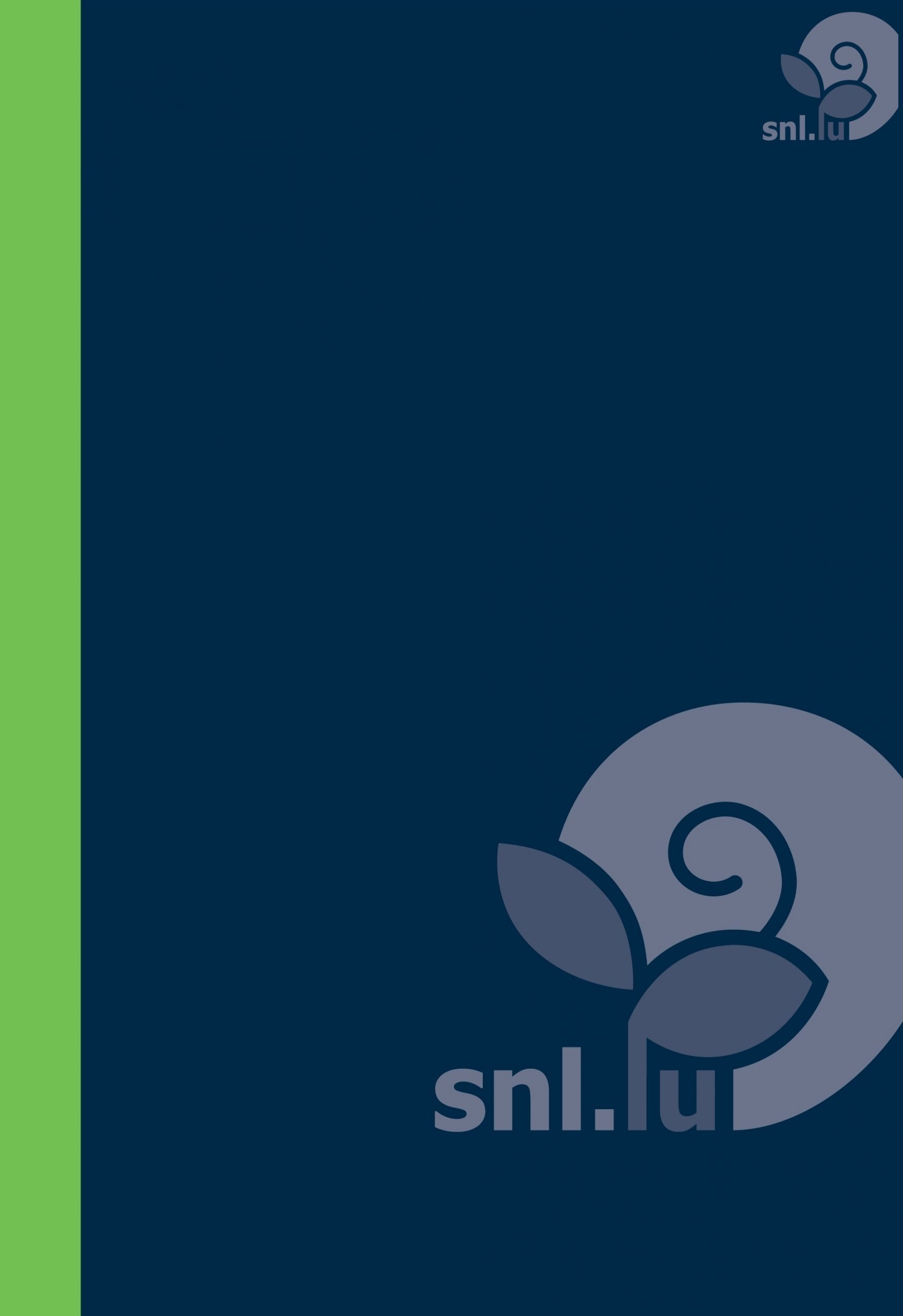The search routine searches the following fields: authors, year and title (no abstracts available).
Boolean mode searching has long been popular with internet search engines – they allow you to proceed words with a + or a – to force it to either be present (+) or not present (-).
There are other boolean operators, although they get more complicated. For example, > and < mark that the following word has a higher or lower relevance respectively than other words. The tilde symbol, ~, means that the following word should contribute negatively to the relevance of the row – this is not the same as <, which marks a word as being less relevant but still relevant nonetheless, and -, which excludes a word altogether. The asterisk symbol, *, allows wildcard matching. Finally, you can use parentheses, ( and ), to group words into subexpressions.
Examples of possible boolean queries
| nice language | Match either nice, language, or both |
| +nice +language | Match both nice and language |
| +nice -language | Match nice but not language |
| +nice ~language | Match nice, but mark down as less relevant rows that contain language |
| +nice* | Match nice, nicely, nicety, nice language, etc |
| “nice language” | Match the exact term “nice language” |
| +nice +(language country) | Match either “nice language” or “nice country” |
| +nice +(>language <country) | Match either “nice language” or “nice country”, with rows matching “nice language” being considered more relevant |


